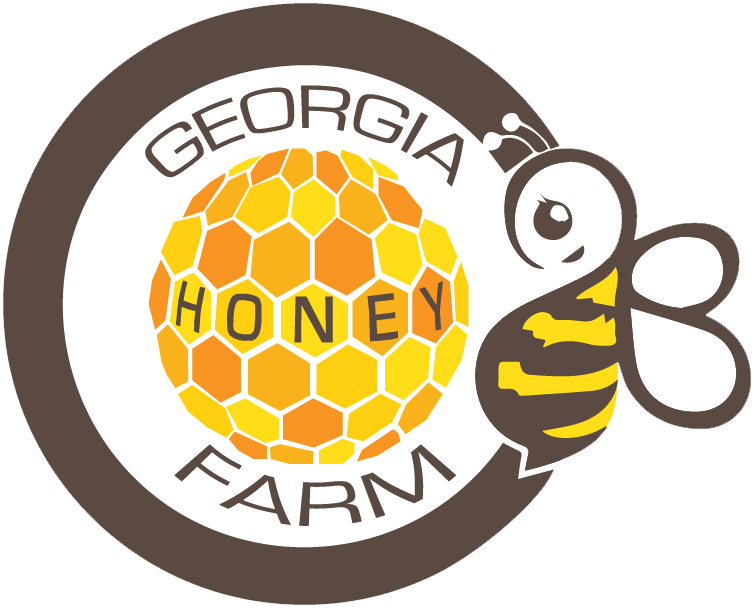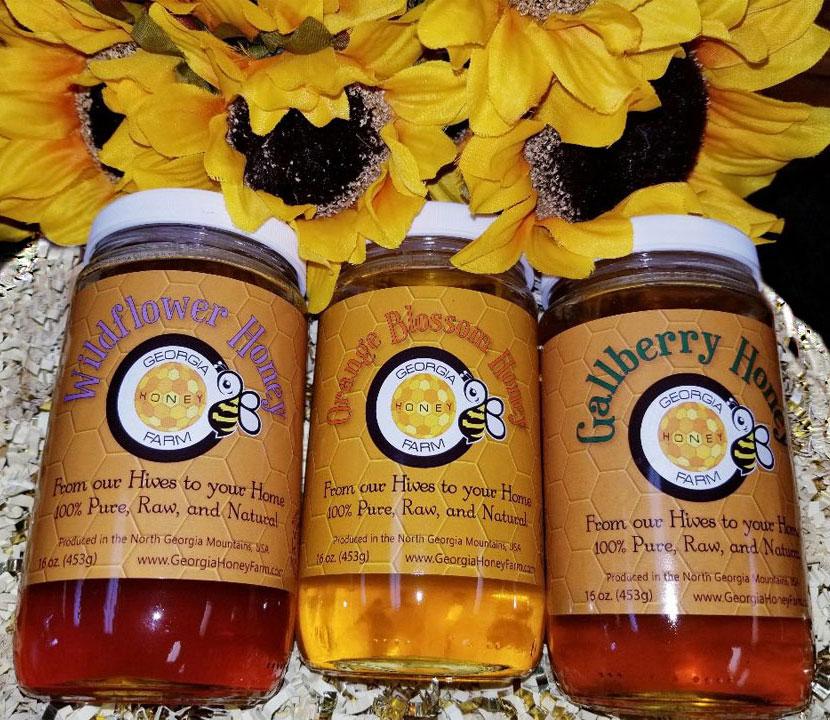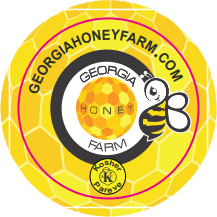The Essentials of Honey
 More often than not, when people think of honey, they invoke numerous pictures of a multicolored beehive, a hungry animal, or hot tea, amongst many others. It is even uncommon for one to think of honey as an organic additive that sweetens recipes, or a way on how one can preclude the acquisition of allergies.
More often than not, when people think of honey, they invoke numerous pictures of a multicolored beehive, a hungry animal, or hot tea, amongst many others. It is even uncommon for one to think of honey as an organic additive that sweetens recipes, or a way on how one can preclude the acquisition of allergies.
On the other hand, it is worth noting that honey has increasingly become a well-liked superfood in the health food industry, and people have been making use of it in baking, fermentation, and medical causes such as relieving allergies and soothing sore throat.
Unlike other sweeteners, honey is highly beneficial, principally for the following reasons:
- It builds immunity.
- It cures colds, flu, intestinal conditions, sore throats, stomach ulcers, and wounds, amongst others.
- It contains local pollens, which is efficient in relieving allergies, and boosting the immunity of someone who suffers from hay fever.
- It contains currin, which covers one’s throat in order to cure the cough, and propolis, which is effectual in restoring wounds and radiating the skin.
What is interesting about honey is that it is a direct product of pollination, and the amount of crops that depend on it amount to approximately $14 billion a year in the United States. In fact, without enough work of honeybees, there will be considerably fewer almonds, apples, blueberries, cotton, cucumber, strawberries, and other fruits and vegetables.
Aside from the aforementioned benefits of honey, it is also advantageous for the environment since it encourages sustainability by means of improving the progress of the local economy and lessening the amount of production waste. Additionally, it requires lesser energy to produce in comparison to other sweeteners, primarily because it is bottled and put on the market in its organic state.
——
Article Courtesy of the National Honey Board






